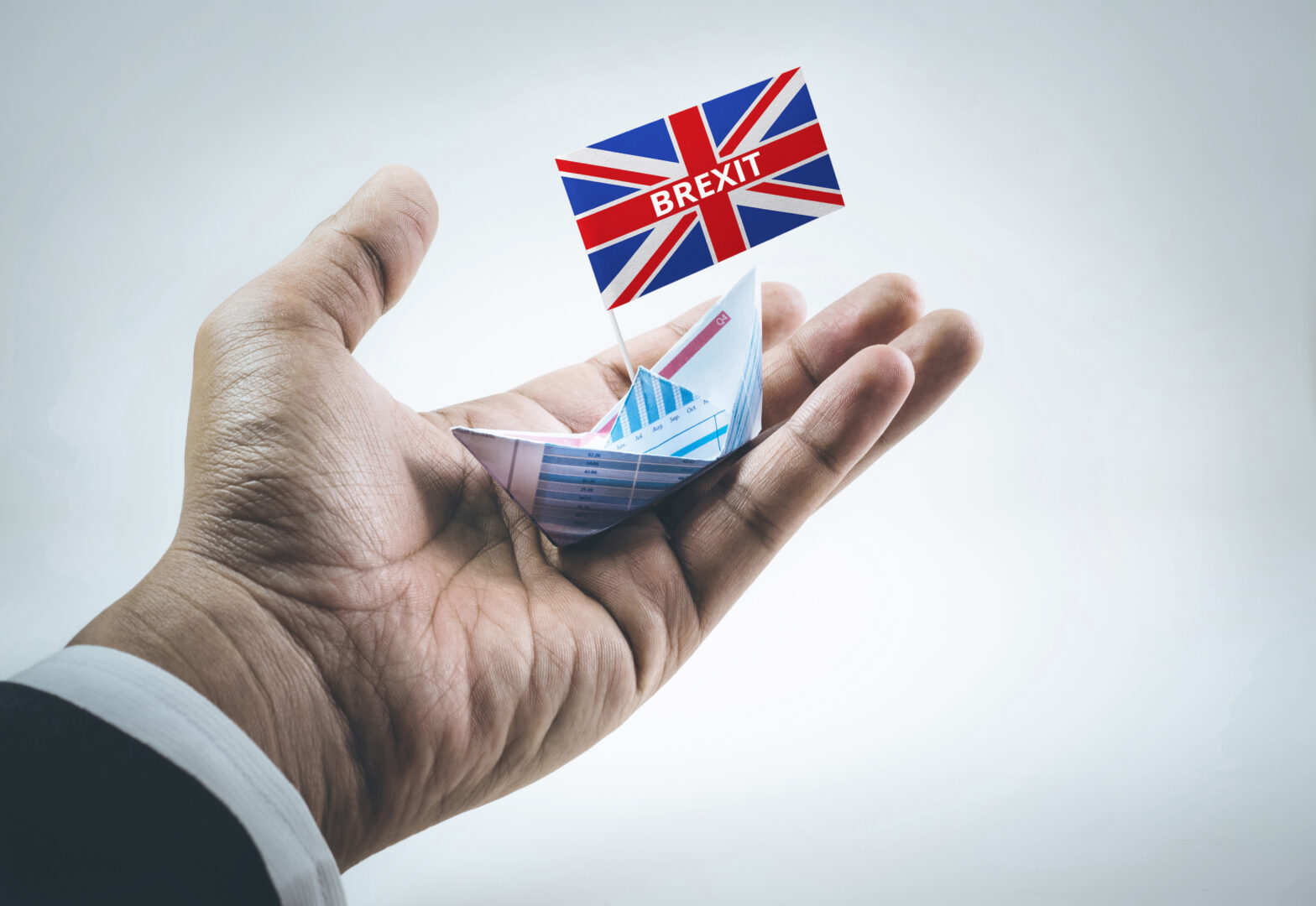Small UK businesses are bullish about international trade, and have been taking advantage of the weak pound to increase overseas sales since the EU referendum, according to data released today.
A survey of small businesses commissioned by international payments company OFX reveals that, while inflation is beginning to bite at home, entrepreneurial SMEs are shifting their focus to global sales.
Of the 500 SME owners and senior managers surveyed, two-thirds said they feel confident about doing business overseas (67 per cent). Since the EU referendum, almost half have increased international sales (48 per cent), while 36 per cent expect to start or increase exports in the next twelve months.
Inflation bites at home
This increase in overseas sales comes in the context of a more challenging domestic market. Since the EU referendum, 28 per cent of the SMEs surveyed have seen sales decrease to UK customers, while 44 per cent say rising inflation is the biggest current concern for their business.
Almost half (49 per cent) have raised the price of goods or services in the last year – and the weak pound is the single biggest reason for doing so (62 per cent), having made raw materials more expensive. Indeed, 44 per cent of SMEs have stopped or reduced imports in the last twelve months.
Nimble and resilient SMEs pivot to global trade
Overseas, the weak pound is making British goods and services more affordable for international buyers – and UK SMEs have been quick to take advantage of the situation. Of those that plan to increase exports in the next year, 46 per cent are doing so because of declining UK sales, while one in five want to make the most of the weak pound (21 per cent).
Four out of five of the SME decision makers surveyed now export goods or sell services outside the UK (80 per cent), and for more than half (55 per cent), international trade now represents at least ten per cent of revenue.
Jake Trask, FX research director at OFX, says, “Following the referendum, small businesses have shown their resilience by turning a weak pound into a real opportunity. While not all SMEs supported Brexit, their size, optimism, and entrepreneurialism have allowed them to adapt swiftly to a changing market. We expect to see more of this fighting spirit as Britain prepares its exit from the EU.”
USA an attractive market for trade
For small businesses looking to start or increase exports in the next year, the USA is by far the most attractive market.
The number of SMEs currently doing business with the US (48 per cent) is on par with those trading with Western Europe (47 per cent). However, only 20 per cent plan to increase European exports in the next twelve months, compared to the 62 per cent who plan to increase exports to the USA.
SMEs see Brexit as an opportunity
The majority of SMEs think their business will either be better off once the UK leaves the EU, or altogether unaffected (63 per cent).
Those that trade with the USA are even more likely to see this as an opportunity – almost three quarters believe their business will be better off after Brexit (72 per cent).
Trask says, “Since the Brexit vote, exporters trading with the US have seen the weak pound as a boost for business. Sterling-denominated goods have been on average 15% cheaper since the vote to leave the EU and subsequent GBP/USD exchange rate collapse. However, with President Trump struggling to push through his promised reforms, the dollar has weakened, eroding some of the savings seen by US importers.”
Surprisingly, millennial entrepreneurs embrace Brexit
SME decision-makers aged between 18 and 30 are most likely to embrace Brexit, which is perhaps unexpected, given that young people overwhelmingly voted to remain in last year’s referendum.
Seventy per cent believe their business will be better off after Brexit (vs. only 22 per cent of those aged 31-40 and 15 per cent of those aged 41-50), while 80 per cent believe “no deal is better than a bad deal” when it comes to the terms of the UK’s departure from the EU.
Small businesses run by millennials are also the most global. Only seven per cent of SMEs run by people in this age bracket do not currently do business overseas, and more than two thirds (67 per cent) earn between 16 and 30 per cent of their revenue from global business.
Unsurprisingly, 90 per cent of SME decision-makers in this age group feel confident about doing business overseas.







